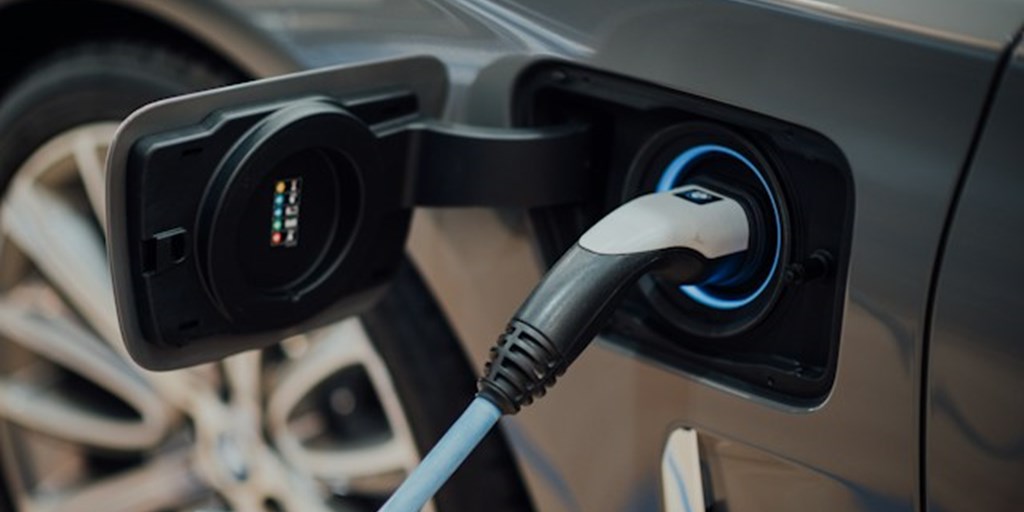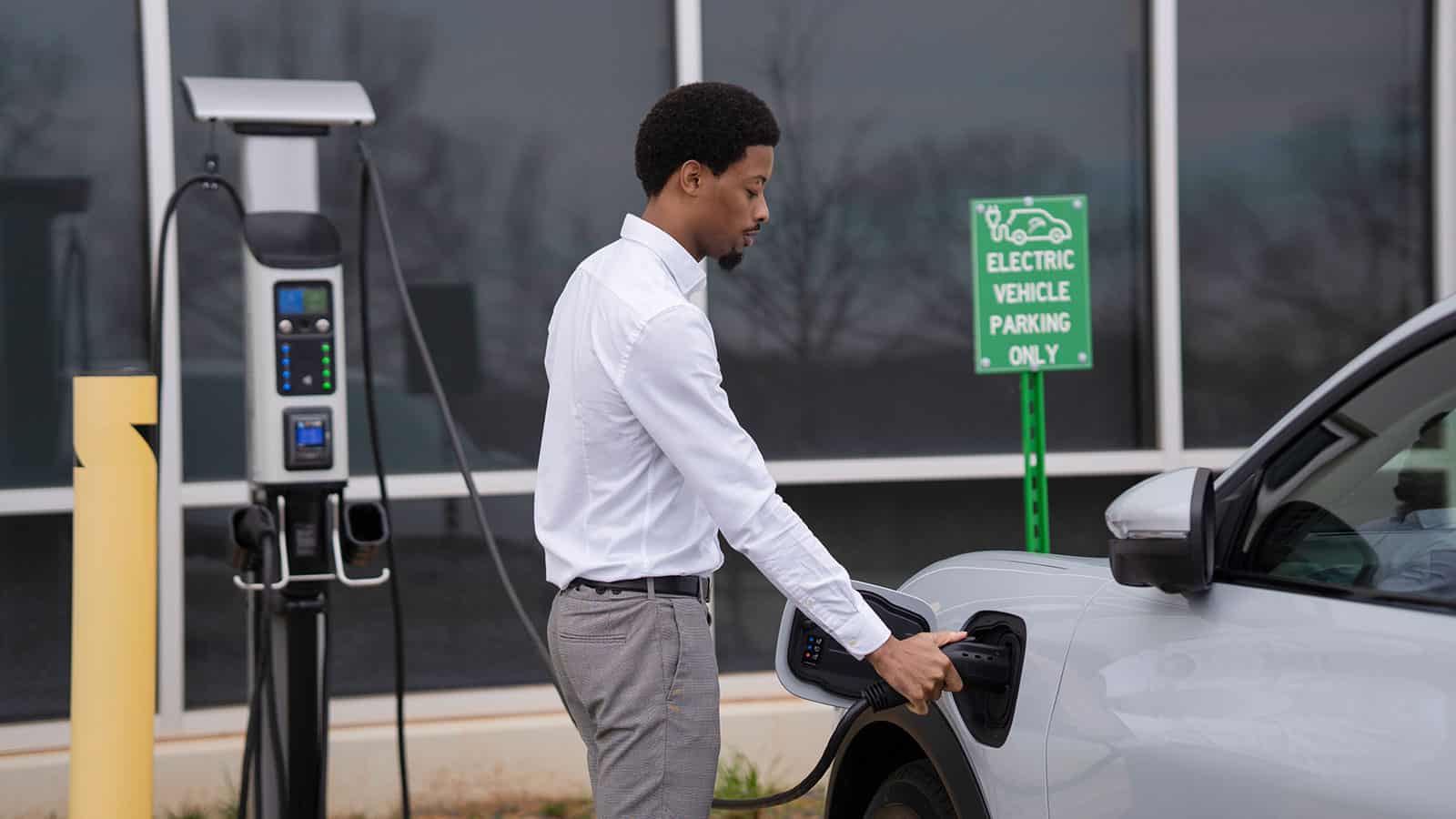Latest Trends and Insights You Need to Know Before You Buy EV Charging news
New Developments in EV Charging: How the Sector Is EVolving to Satisfy Demand
As the electric lorry (EV) market continues to increase, the charging framework is undergoing substantial changes to resolve the surging need. The implications of these improvements elevate crucial inquiries regarding the future of EV billing and its role in the wider power environment.
Development of Charging Facilities
The rapid growth of electrical vehicle (EV) billing framework is an important component in promoting the extensive adoption of electrical movement. As federal governments, private business, and customers increasingly acknowledge the relevance of minimizing carbon exhausts, financial investments accountable networks have risen. This infrastructure development is essential to relieve range stress and anxiety, making certain that EV customers have practical accessibility to billing terminals.
Significant developments in charging station innovation and release approaches have actually arised. Urban locations are seeing a spreading of public billing terminals, while country regions are gradually being integrated right into the billing network. In addition, collaborations in between auto suppliers and billing providers are becoming more usual, promoting the facility of detailed networks that improve individual experience and ease of access.
Furthermore, the combination of renewable resource resources into charging terminals is acquiring momentum, advertising sustainability in the EV environment. This shift not only sustains environmental objectives however also straightens with the increasing need for environment-friendly energy remedies among customers.
Ultra-Fast Charging Technologies
Ultra-fast charging technologies stand for a significant jump forward in the EV billing landscape, allowing electrical cars to recharge in a fraction of the moment compared to typical charging approaches. These developments typically provide power degrees exceeding 150 kW, with some systems rising to 350 kW or more, substantially minimizing billing times to as little as 15-30 mins for a substantial fee.
Key allowing modern technologies include developments in battery chemistry, power electronic devices, and thermal management systems. High-capacity batteries with improved thermal security enable for faster billing without overheating. EV Charging news. Furthermore, growths in billing facilities, such as liquid-cooled cables and modular billing stations, promote efficient power transfer, improving the general customer experience
Major automobile makers and modern technology firms are actively purchasing ultra-fast charging networks, acknowledging the crucial duty they play in getting rid of array anxiousness and accelerating the adoption of electric vehicles. As these technologies end up being a lot more commonly readily available, the EV market is anticipated to witness substantial development, making electrical flexibility an extra eye-catching alternative for customers. On the whole, ultra-fast billing modern technologies are crucial in forming the future of lasting transport, leading the way for a much more effective and comprehensive charging community.
Smart Grid Integration

Via need feedback strategies, smart grid systems can adjust billing schedules based on grid conditions and electrical power pricing. Throughout periods of high demand, charging can be delayed to off-peak hours, resulting in reduced prices for customers and lowered pressure on the grid. Furthermore, vehicle-to-grid (V2G) modern technologies make it possible for EVs to release power back into the grid, offering secondary services and boosting grid security.
Assimilation with eco-friendly power resources even more increases the sustainability of EV charging. By straightening billing activities with durations of high solar Bonuses or wind generation, wise grids promote a greener charging infrastructure. Ultimately, clever grid assimilation not only supports the expanding demand for EVs yet likewise adds to an extra lasting and durable energy future, placing the industry for lasting success.
Battery Advancements
In the middle of the quick development of electric lorries (EVs), battery advancements stand at the forefront, driving innovations in performance, sustainability, and performance. As the need for EVs surges, scientists and producers are concentrating on enhancing battery technologies to resolve difficulties such as array anxiousness and billing times.
Lithium-ion batteries continue to be one of the most extensively used technology, yet new products and chemistries are arising to boost energy density and longevity. Solid-state batteries, as an example, guarantee higher power storage space ability and boosted safety by replacing liquid electrolytes with solid ones. This shift could considerably minimize the danger of fire and boost the life expectancy of batteries.
In addition, innovations in battery recycling procedures are crucial for sustainability. Companies are developing methods to recover valuable products like lithium, cobalt, and nickel from made use of batteries, advertising a round economic situation and lowering ecological effect.

Worldwide Billing Criteria

Efforts are underway to establish worldwide billing criteria that facilitate compatibility among different EV designs and charging terminals. Organizations such as the International Electrotechnical Payment (IEC) and the Society of Automotive Engineers (SAE) are working collaboratively with automobile makers and power providers to produce extensive guidelines. EV Charging news. These standards purpose to enhance the billing procedure, minimize the requirement for numerous adapters, and boost customer experience
In addition, standardization can significantly bolster the expansion of the charging network, as it encourages investment by making infrastructure development more predictable and reliable. As the EV market develops, a unified their website method to charging standards will be vital for ensuring that customers can bill their automobiles easily and reliably, thereby sustaining the more comprehensive change to sustainable transportation.
Conclusion
The electric lorry charging market is undergoing considerable transformation to attend to the rising demand for sustainable transport. Developments in billing framework, ultra-fast innovations, clever grid integration, and ingenious battery remedies are pivotal in improving customer experience and operational effectiveness.
Urban locations are seeing a spreading of public charging stations, while country areas are gradually being integrated into the billing network. In addition, developments in charging facilities, such as liquid-cooled cords and modular billing stations, help with effective power transfer, improving the total customer experience.
Overall, ultra-fast charging innovations are essential in forming the future of sustainable transport, leading the means for an extra extensive and efficient billing environment. - EV Charging news
By straightening billing tasks with durations of high solar or wind generation, clever grids advertise a greener billing framework.Initiatives are underway to develop global billing criteria that help with compatibility among different additional resources EV models and billing terminals.